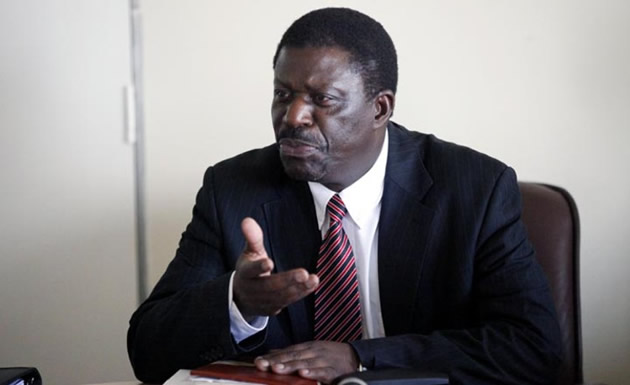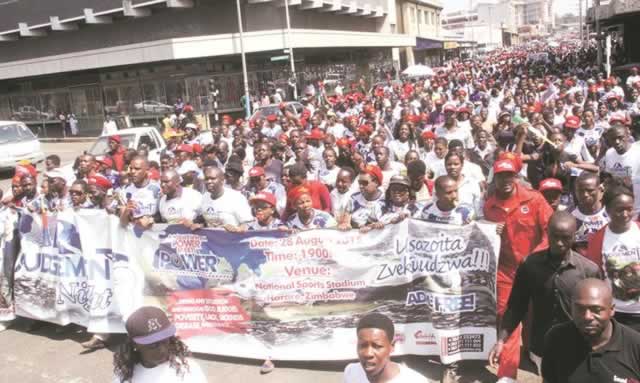Unplanned food imports drain fiscus, says VP

Elita Chikwati Agriculture Reporter
Unplanned food import expenditure is a major drain on the fiscus especially when the economy is experiencing challenges, Vice President Emmerson Mnangagwa has said.
Officiating at the 3rd annual agro-business conference hosted by the National Economic Consultative Forum at the Harare Agricultural Show yesterday, Cde Mnangagwa said there was need to reduce imports especially on products that could be produced locally.
“Maize and small grains production during the season decreased by 9 percent and 71 percent respectively. As a result Government is working closely with development partners to import grain.
“These unplanned expenditures on food imports are a major drain on the fiscus and they further worsen our balance of payment position already negatively affected by imports of fuel and manufactured products that are not produced within our borders.
“At a time when the economy is experiencing stagnation, there is need to minimise imports, particularly of goods and services that can be produced locally,” he said.
He said there was need to be more aggressive in putting in place measures to enhance agricultural production in the face of climate change.
Cde Mnangagwa expressed concern over the effects of climate change which he said had affected all sectors with agriculture being the hardest hit.
He said Zimbabwe was highly vulnerable to erratic rainfall patterns which directly affect farm output and pose a huge threat to the attainment of self sufficiency in food security and nutrition.
“The agriculture sector is the most visible and widely affected sector. The severe warming changes caused by climate change have resulted in the frequency and severity of droughts thereby posing challenges to farmers as yields continue to be reduced.
“Climate change is real and here in Zimbabwe, we are already affected by the threat given the frequency in droughts we are now experiencing.
“As a matter of urgency, we need to help rain-fed farmers to better cope with rainfall variability. In this regard, adaptation should cover a whole range of strategies from helping farmers to change crop planting dates, infusion of new seed varieties that are drought resilient, water harvesting through dams, weirs and any other method that slows down the pace at which water flows to the seas and oceans,” he said.











Comments